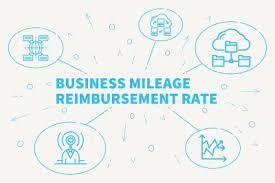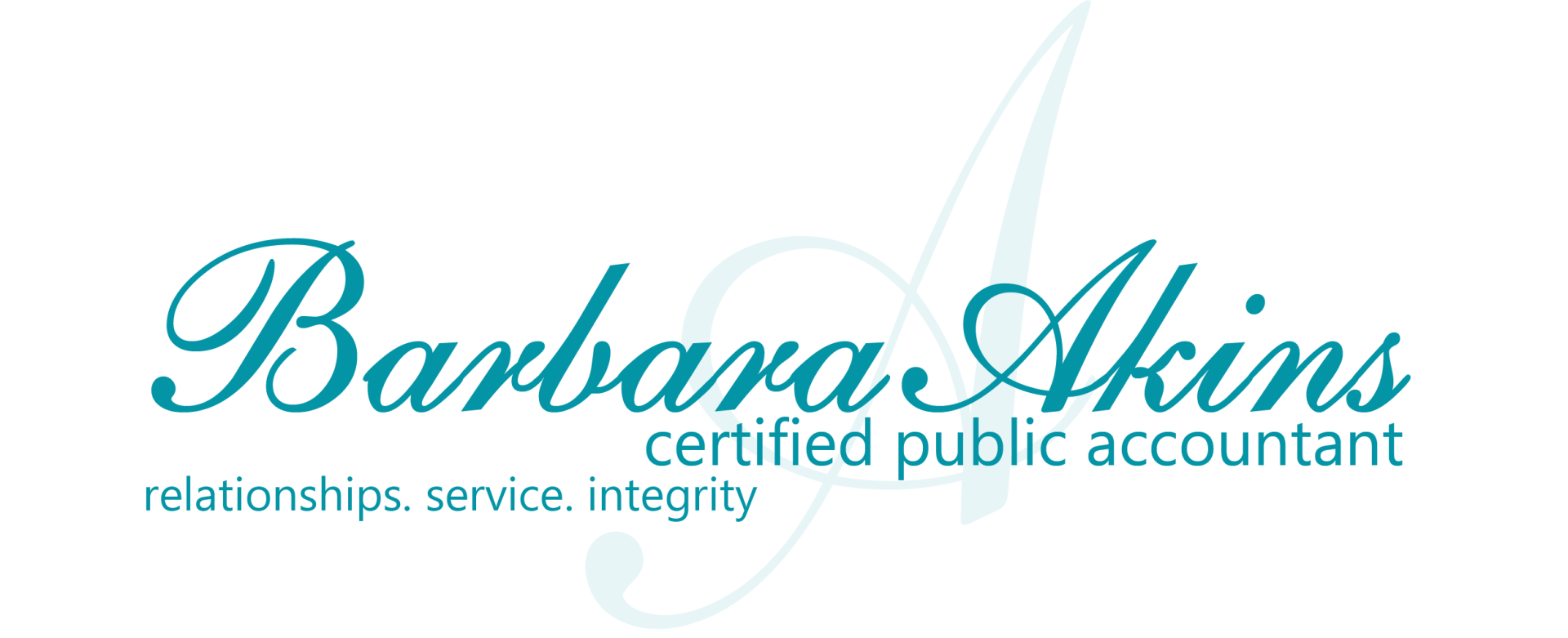
Are you wondering if your student can be Independent on the FAFSA?
The most common question I get from parents is, "Shouldn't my student be independent if they file their own taxes?"
The answer often surprises families who hope to qualify for additional aid by pursuing independent student status for their student.
According to the Federal Department of Education, an independent student for the purposes of completing the FAFSA, must meet at least 1 of the following:
- Age 24 or older by December 31 of the FAFSA year of Submission
- Married
- Pursing a graduate level or professional degree
- A veteran or current armed forces member
- An orphan or ward of the court
- An emancipated minor
- At risk of becoming homeless
- Have their own legal dependents
Bottom Line - Your student's dependency status is NOT BASED on their tax filing status.
The most common question I get from parents is, "Shouldn't my student be independent if they file their own taxes?"
The answer often surprises families who hope to qualify for additional aid by pursuing independent student status for their student.
According to the Federal Department of Education, an independent student for the purposes of completing the FAFSA, must meet at least 1 of the following:
- Age 24 or older by December 31 of the FAFSA year of Submission
- Married
- Pursing a graduate level or professional degree
- A veteran or current armed forces member
- An orphan or ward of the court
- An emancipated minor
- At risk of becoming homeless
- Have their own legal dependents
Bottom Line - Your student's dependency status is NOT BASED on their tax filing status.

The Pennsylvania Supreme Court decided that the Internal Revenue Code Section 1031, a federal tax provision for deferring capital gains in Like-Kind Exchanges DOES NOT APPLY in PA.
This means that when you sell property in PA and you qualify for Like-Kind Exchange on your Federal Income Tax Return, BE AWARE that you
WILL PAY PA TAX on Capital Gains on your PA Income Tax Return. GOOD NEWS - PA Income Tax is 3.07%!

Hobbies and Businesses are treated differently when it comes to filing taxes. The biggest difference is a Business operates to MAKE A PROFIT and Hobbies are for PLEASURE
.
There are a few things that people should consider when deciding whether they have a Hobby or a Business.
1 - Does the time and effort put into the activity show you intend to make a profit?
2 - Does the activity make a profit in some years? And how much of a profit?
3 - Will there be a future profit from the appreciation of the assets used in the activity?
4 - Do you depend on income from the activity for your livelihood?
5 - Are any losses due to circumstances beyond your control or are the losses normal for the start-up phase of your type of business?
6 - Do you change your method of operations to improve profitability?
7 - Do you keep complete and accurate books and records?
8 - Do you have the knowledge needed to carry out the activity as a success business?
For more information, Google: Publication 334, Tax Guide for Small Businesses (For Individuals Who Use Schedule C) or Publication 535, Business Expenses.
There are a few things that people should consider when deciding whether they have a Hobby or a Business.
1 - Does the time and effort put into the activity show you intend to make a profit?
2 - Does the activity make a profit in some years? And how much of a profit?
3 - Will there be a future profit from the appreciation of the assets used in the activity?
4 - Do you depend on income from the activity for your livelihood?
5 - Are any losses due to circumstances beyond your control or are the losses normal for the start-up phase of your type of business?
6 - Do you change your method of operations to improve profitability?
7 - Do you keep complete and accurate books and records?
8 - Do you have the knowledge needed to carry out the activity as a success business?
For more information, Google: Publication 334, Tax Guide for Small Businesses (For Individuals Who Use Schedule C) or Publication 535, Business Expenses.

Educational Assistance Programs Can Help Pay Workers' Student Loans!
Employers that offer educational assistance programs can ALSO use those programs to help pay their employees' student loans.
Traditionally, education assistance programs are used to pay for books, equipment, supplies, fees, tuition and other educational expenses for the employee. THESE PROGRAMS CAN NOW ALSO BE USED TO PAY PRINCIPAL AND INTEREST ON AN EMPLOYEE'S QUALIFIED EDUCATION LOANS.
The tax-free benefit is up to $5,250 per employee per year. Any assistance provided above $5,250 is taxable to the employee as wages.
This benefit is available until December 31, 2025. 🤓
Employers that offer educational assistance programs can ALSO use those programs to help pay their employees' student loans.
Traditionally, education assistance programs are used to pay for books, equipment, supplies, fees, tuition and other educational expenses for the employee. THESE PROGRAMS CAN NOW ALSO BE USED TO PAY PRINCIPAL AND INTEREST ON AN EMPLOYEE'S QUALIFIED EDUCATION LOANS.
The tax-free benefit is up to $5,250 per employee per year. Any assistance provided above $5,250 is taxable to the employee as wages.
This benefit is available until December 31, 2025. 🤓

$0.67 a Mile for the use of a car, van, pickup truck or panel truck driven for business in 2024.
You have the option of calculating actual costs of using your vehicle rather than using the standard mileage rates. BUT YOU MUST OPT TO USE the Standard Mileage Rate the first year the car is available for business use. Then, in later years, you can choose either the standard mileage rate or actual expenses.
LEASED VEHICLES must use the standard mileage rate method for the ENTIRE LEASE PERIOD if the standard mileage rate is chosen.
You have the option of calculating actual costs of using your vehicle rather than using the standard mileage rates. BUT YOU MUST OPT TO USE the Standard Mileage Rate the first year the car is available for business use. Then, in later years, you can choose either the standard mileage rate or actual expenses.
LEASED VEHICLES must use the standard mileage rate method for the ENTIRE LEASE PERIOD if the standard mileage rate is chosen.

Congratulations to welcoming another new bundle of joy into the world!
I f you haven't realized already, kids are expensive! Fortunately, there are several tax breaks for new parents.
1 - Child Tax Credit: Partially REFUNDABLE CREDIT available to parents with dependent children under age 17. The CTC is $2,000 for each qualifying child if your modified adjusted gross income (MAGI) is under $400,000 for joint filers.
2 - Dependent Care Credit: This credit is for costs of caring for children under 13 yo so you and your spouse can work. The maximum credit is $600 for 1 child and $1,200 for 2 or more children.
3 - Adoption Credit: For 2023, parents can claim a maximum credit of $15,95 for qualified expenses incurred to adopt an eligible child. The credit begins to phase out for taxpayers with MAGI above $239,230 and is zero if you reach $279,230.
4 - Higher Education Credits: The maximum annual American Opportunity Tax Credit of $2,500 is available for up to the first 4 years of study for each student. ------The maximum Lifetime Learning Credit (LLC) is $2,000. The LLC applies to each taxpayer (not each student) but is available for all years of study - not just the first 4 years.------------Each credit is subject to phase-out based on MAGI.
I f you haven't realized already, kids are expensive! Fortunately, there are several tax breaks for new parents.
1 - Child Tax Credit: Partially REFUNDABLE CREDIT available to parents with dependent children under age 17. The CTC is $2,000 for each qualifying child if your modified adjusted gross income (MAGI) is under $400,000 for joint filers.
2 - Dependent Care Credit: This credit is for costs of caring for children under 13 yo so you and your spouse can work. The maximum credit is $600 for 1 child and $1,200 for 2 or more children.
3 - Adoption Credit: For 2023, parents can claim a maximum credit of $15,95 for qualified expenses incurred to adopt an eligible child. The credit begins to phase out for taxpayers with MAGI above $239,230 and is zero if you reach $279,230.
4 - Higher Education Credits: The maximum annual American Opportunity Tax Credit of $2,500 is available for up to the first 4 years of study for each student. ------The maximum Lifetime Learning Credit (LLC) is $2,000. The LLC applies to each taxpayer (not each student) but is available for all years of study - not just the first 4 years.------------Each credit is subject to phase-out based on MAGI.

When an IRS letter arrives,
You DON'T need to PANIC, BUT
You DO need to READ IT.
The IRS sends notices and letters when it needs to ask a question about a taxpayer's return, let them know about a change to their return or request a payment.
When an IRS letter arrives in the mail, read the letter carefully.
Better yet, GIVE the letter to your Tax Preparer and they will explain
Why you received the letter.
What the IRS is looking for.
How to respond.
Your Tax Preparer will Thank You for forwarding it to them.
You DON'T need to PANIC, BUT
You DO need to READ IT.
The IRS sends notices and letters when it needs to ask a question about a taxpayer's return, let them know about a change to their return or request a payment.
When an IRS letter arrives in the mail, read the letter carefully.
Better yet, GIVE the letter to your Tax Preparer and they will explain
Why you received the letter.
What the IRS is looking for.
How to respond.
Your Tax Preparer will Thank You for forwarding it to them.

More people each year are paying a 3.8% surtax on net investment income (NII). And it looks like it could even be MORE in the future!
The NII tax was part of Obamacare. It applies to Single filers with modified AGI above $200,000 and Joint filers with modified AGI over $250,000. [Modified AGI is AGI + tax free foreign earned income.] NII includes interest, dividends, capital gains, annuities, royalties and passive rents.
The thresholds have stayed the same since 2013!! Because of this, the number of 1040 returns reporting NII surtax has more than doubled, from 3 million for 2013 returns to 7 million for 2022 returns. The revenue from the NII tax has grown by $38 BILLION during the same period.
What does the future look like?
Republicans want to raise the threshold for Joint filers to $400,000 AND index the thresholds to inflation each year.
President Biden wants to increase the NII tax to 5% for people with over $400,000 of income AND impose the NII tax on income from pass-through entities in which an individually material participates for Joint filers with income over $500,000 and Single filers with income over $400,000.
Stay tuned for updates on the progress of changes to the NII tax!
The NII tax was part of Obamacare. It applies to Single filers with modified AGI above $200,000 and Joint filers with modified AGI over $250,000. [Modified AGI is AGI + tax free foreign earned income.] NII includes interest, dividends, capital gains, annuities, royalties and passive rents.
The thresholds have stayed the same since 2013!! Because of this, the number of 1040 returns reporting NII surtax has more than doubled, from 3 million for 2013 returns to 7 million for 2022 returns. The revenue from the NII tax has grown by $38 BILLION during the same period.
What does the future look like?
Republicans want to raise the threshold for Joint filers to $400,000 AND index the thresholds to inflation each year.
President Biden wants to increase the NII tax to 5% for people with over $400,000 of income AND impose the NII tax on income from pass-through entities in which an individually material participates for Joint filers with income over $500,000 and Single filers with income over $400,000.
Stay tuned for updates on the progress of changes to the NII tax!

Finally what every business owner has been waiting for!!!!
Pennsylvania updated the Section 179 limits for 2023 and later tax years!
The maximum amount of Section 179 deduction has increased from $25,000 to $1,160,000 for 2023. In addition, the $200,000 investment limitation increased to $2,890,000.
Pennsylvania updated the Section 179 limits for 2023 and later tax years!
The maximum amount of Section 179 deduction has increased from $25,000 to $1,160,000 for 2023. In addition, the $200,000 investment limitation increased to $2,890,000.



